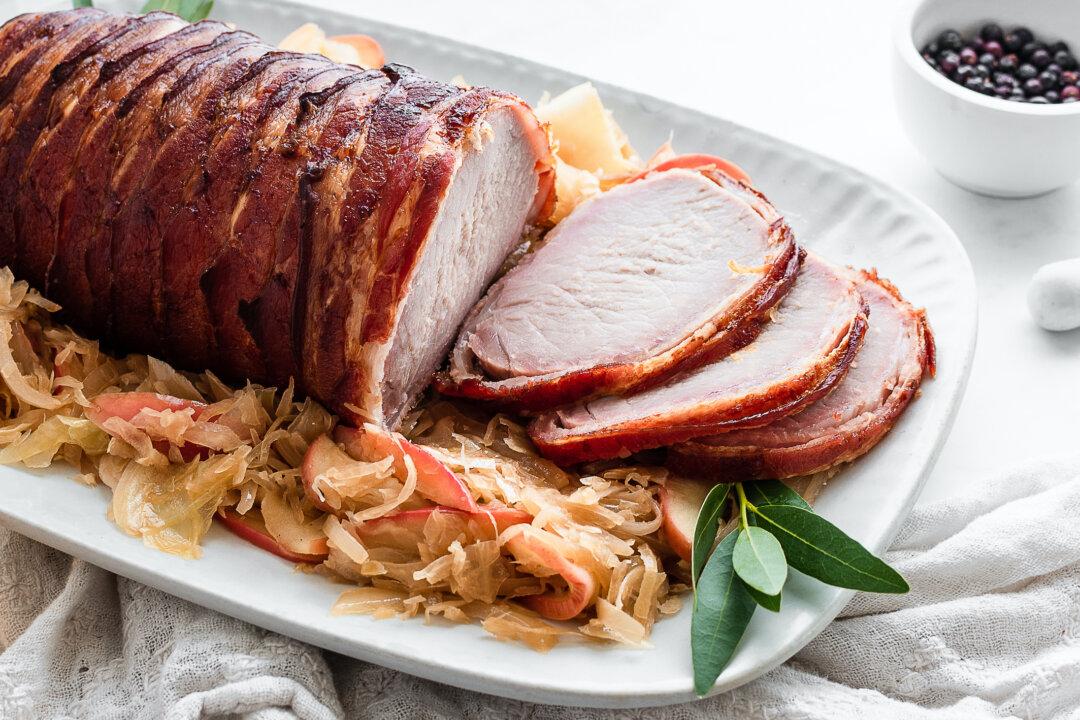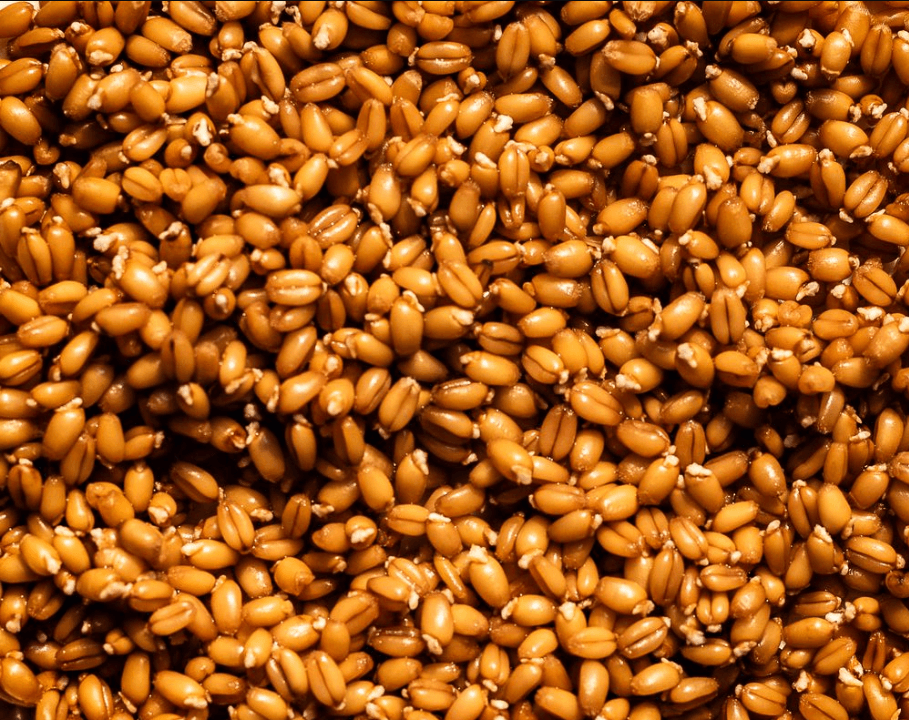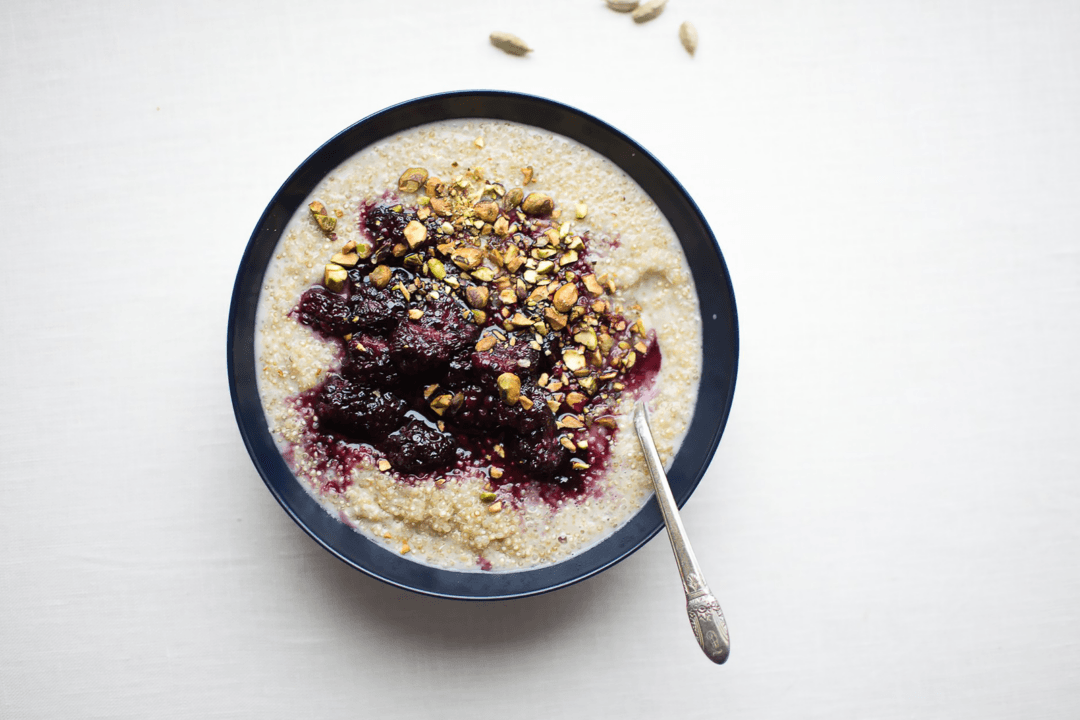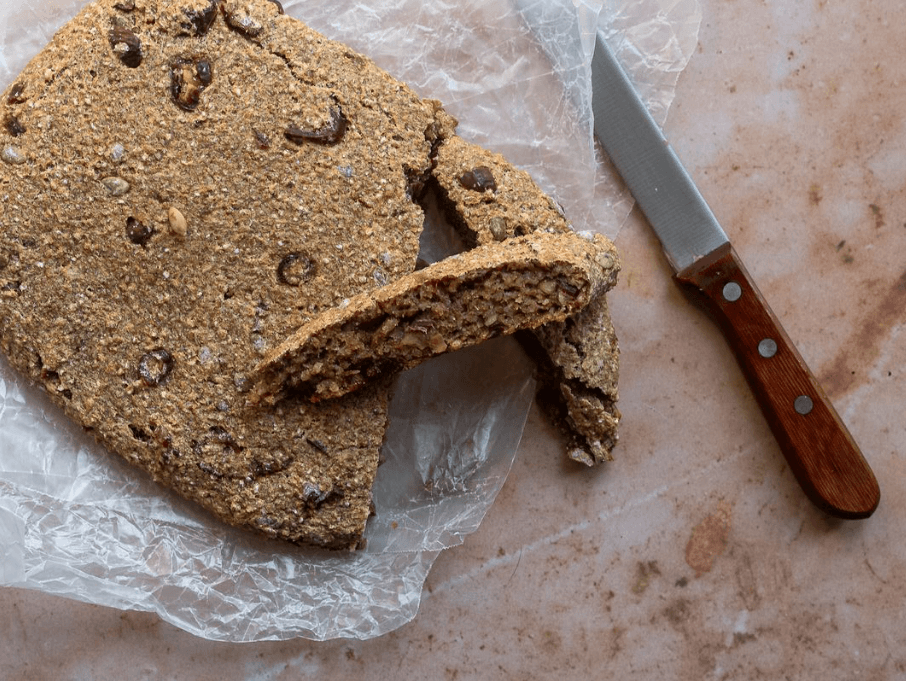2021 has undoubtedly been a tough year for most of us. If you could use a little bit of luck and good fortune in the New Year, you might want to start at the dinner table.
In many New Year’s traditions around the world, the way you start the year is thought to influence the way you experience the rest of it. So, by eating well and to deep satisfaction on New Year’s Day, you ensure you won’t go hungry for the rest of the year, either. (Similarly, plan to shop for groceries before the year ends, because if your pantry and cupboards are full on New Year’s Day, they’ll stay that way all year long.)




